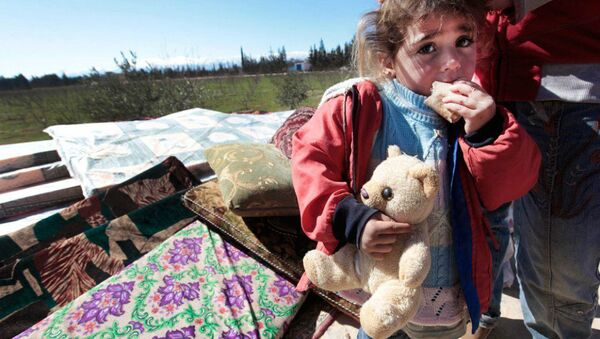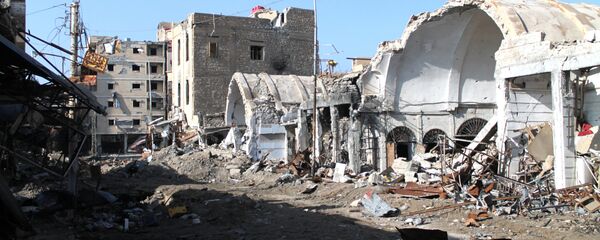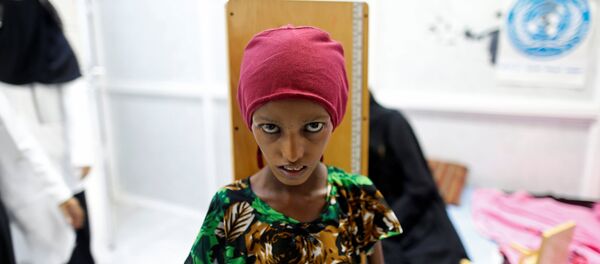"Three million Syrian children have lived their whole lives under war. If we are to prevent long-term mental problems and irreparable damage, they must get immediate help," Save the Children Norway Secretary General Tove R. Wang told ABC Nyheter.
Save the Children surveyed 458 children and adolescents in all 14 of Syria's provinces (governorates) to coincide with the sixth anniversary of the Syrian war. Of those interviewed, 80 percent said they had become more aggressive, 71 percent were suffering from bedwetting and involuntary urination, 51 percent were resorting to drugs to cope and 50 percent admitted that they never feel safe, be it at home or at school. These are possibly signs of so-called "toxic stress," i.e. prolonged stress that can lead to life-long issues with learning, behavior and health.
Another major challenge is that many children and youth were found to have been recruited by various armed groups, which makes them particularly susceptible to a deeper trauma that will follow them into adulthood. More than half of the adults interviewed in the survey said they knew children and young people that had been brainwashed or forcibly recruited by armed groups.
According to the survey, explosions, violence and lynching have become commonplace. Eight out of ten adults and nearly all children surveyed ascribed the traumas to the continuous warfare.
An estimated 3.7 million Syrian children — 1 in 3 of all Syrian children — has been born since the conflict began five years ago, their lives shaped by violence, fear and displacement, according to a UNICEF report. Over 4.9 million Syrians are refugees, while another 6.1 million are displaced within Syria; half of those affected are children.
Never miss a story again — sign up to our Telegram channel and we'll keep you up to speed!







